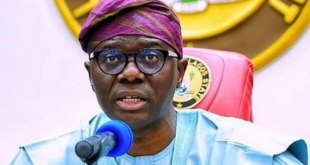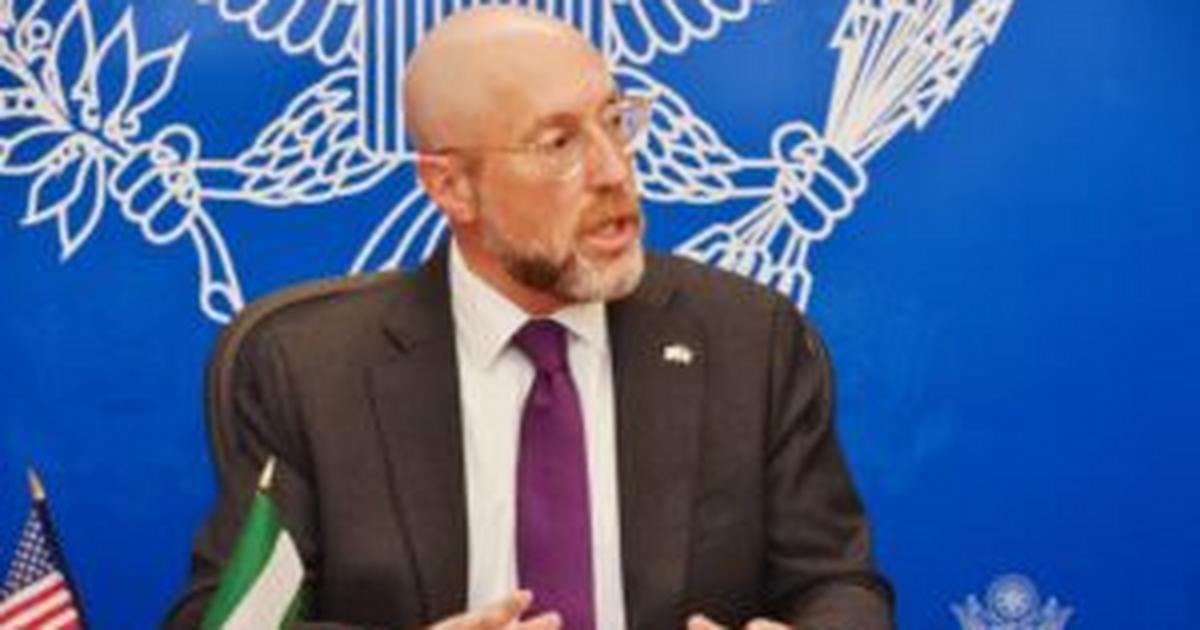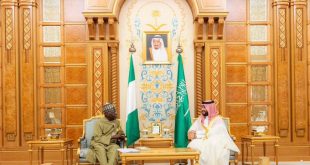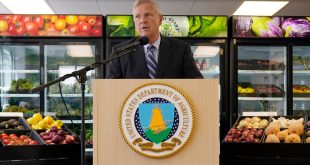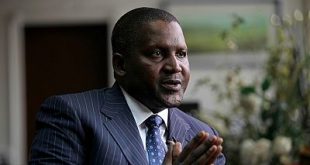Successful female business entrepreneurs, have advised Small and Medium Scale Enterprises (SMEs) operators and would-be business owners to focus on meeting specific needs and self-development to create a path towards building prosperous brands in the short and long-term. Speaking during the Women’s Day edition of the United Bank for …
Read More »Manchester United takeover: how much Sir Jim Ratcliffe plans to invest after buying 25%
Manchester United have agreed to sell a 25% stake in the club to Sir Jim Ratcliffe, the Red Devils announced on Sunday. The INEOS chairman will invest around £1.3 billion for the minority stake and will take charge of football operations at United, in a move which has been welcomed …
Read More »States should invest in people-oriented projects, programmes- Sanwo-Olu
Sanwo-olu said that states should collaborate with federal government ministries and agencies to turn the fortunes of their people for good. Governor Babajide Sanwo-Olu of Lagos State has urged state governments to invest more in people-oriented projects and programmes to benefit from the bold economic initiatives of the federal government.
Read More »US to invest $600m in private investments, infrastructure in Africa
David Greene, Chargé d’Affaires of the U.S. Embassy in Nigeria, disclosed this to the News Agency of Nigeria (NAN) on Sunday in Abuja. The envoy spoke while fielding questions in view of the growing moves by countries to form global alliance towards introduction of new economic trade separate from the …
Read More »Saudi Arabia king has pledged to invest in Nigeria’s Refineries and support CBN reforms – FG
The Government of Saudi Arabia has pledged to invest in the revamp of Nigeria’s refineries, as well as provide financial support to sustain the government’s foreign exchange reforms. A statement released by the Minister of Information and National Orientation, Mohammed Idris, today November 11, says Saudi Crown Prince, …
Read More »Sony Group is set to invest $10 million in Africa’s entertainment sector
Good news for people seeking to start something impactful in the creative sector. Sony Group’s Entertainment has revealed its plans to invest in start-up entertainment companies in some countries in Africa.
Read More »Invest in your future: why a career in finance can make a positive impact on the world
Twenty years ago, the idea that you might go into finance to make the world a better place would have felt like the start of a comedy routine. As a mainstream proposition, the notion of financiers saving the world would have seemed absurd given that they were widely viewed as …
Read More »Agriculture Dept. to Invest $300 Million to Measure Greenhouse Emissions
The Agriculture Department said on Wednesday that it would establish a monitoring and data collection network to measure greenhouse gas emissions and determine how much carbon can be captured using certain farming practices. The network, using $300 million in funding from the Inflation Reduction Act, will help quantify the outcomes …
Read More »Invest in Abuja, Lagos or Houston with 60m
Real estate investment is an investment strategy that can be both satisfying and lucrative. The benefits are numerous with well chosen assets, investors can enjoy predictable cash flow, excellent returns , diversification and protection from inflation…..and it’s possible to leverage real estate to build wealth. With Pennek you …
Read More »If you are making life difficult for me, there is no way I will invest” – Dangote urges African countries to give Nigerians Visa on Arrival to boost trade
Billionaire businessman, Aliko Dangote has urged African countries to give visa on entry for Nigerians and citizens of other African countries in order to boost trade and business on the continent. The Dangote Group CEO, who spoke at the 30th Afreximbank Annual Meetings held in Accra, Ghana, on Sunday, June …
Read More » Top Naija News: Nigerian News, Breaking News Nigeria and World News Top Naija News is a daily news publication in Nigeria, delivering the latest breaking news in Nigeria and around the world.
Top Naija News: Nigerian News, Breaking News Nigeria and World News Top Naija News is a daily news publication in Nigeria, delivering the latest breaking news in Nigeria and around the world.


